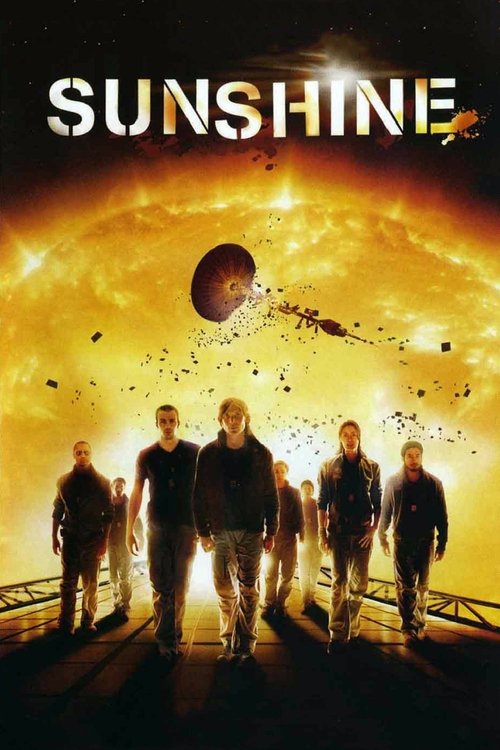
Title: Sunshine
Year: 2007
Director: Danny Boyle
Writer: Alex Garland
Cast: Cillian Murphy (Capa), Rose Byrne (Cassie), Chris Evans (Mace), Michelle Yeoh (Corazon), Cliff Curtis (Searle),
Runtime: 107 min.
Synopsis: Fifty years into the future, the sun is dying, and Earth is threatened by arctic temperatures. A team of astronauts is sent to revive the Sun — but the mission fails. Seven years later, a new team is sent to finish the mission as mankind’s last hope.
Rating: 6.961/10